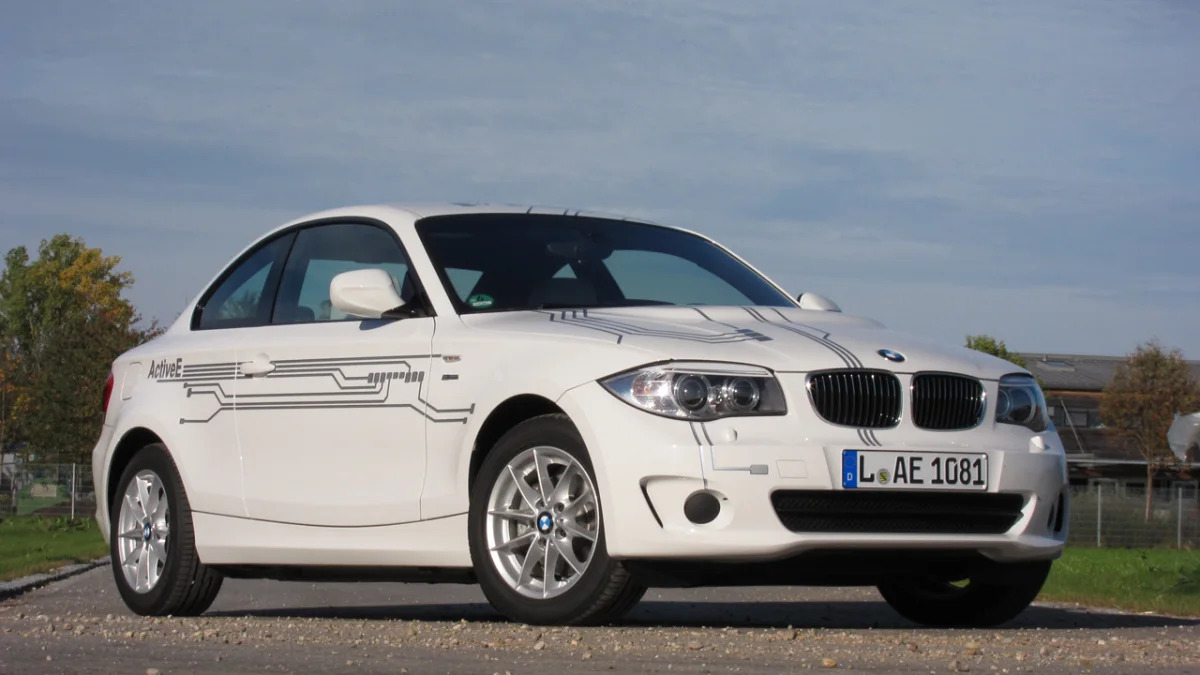Don't count on the German electric-vehicle market to get another recharge from the government. According to a panel of government officials, automakers and unions, the country will fall short of its goal of selling a million EVs by 2020 unless the government ratchets up EV subsidies. Instead, by that time, the panel expects about 600,000 battery-electric vehicles to have been sold. The reasons for the potential missed target include a lack of infrastructure, high battery costs and less-than-expected single-charge range. On top of this, German economy minister Philipp Roseler said that, beyond a 10-year vehicle-tax exemption for people who buy EVs before the end of 2015, further incentives are unlikely.
Both Volkswagen and BMW have announced plans for their first production EVs to be available to the German public next year. Earlier this month, the publication Automobile reported that BMW may delay the debut of its i3 EVs, along with its entire "i" line of battery-electrics, because of concerns that demand won't meet expectations, but that report was later walked back.
Both Volkswagen and BMW have announced plans for their first production EVs to be available to the German public next year. Earlier this month, the publication Automobile reported that BMW may delay the debut of its i3 EVs, along with its entire "i" line of battery-electrics, because of concerns that demand won't meet expectations, but that report was later walked back.










Sign in to post
Please sign in to leave a comment.
Continue